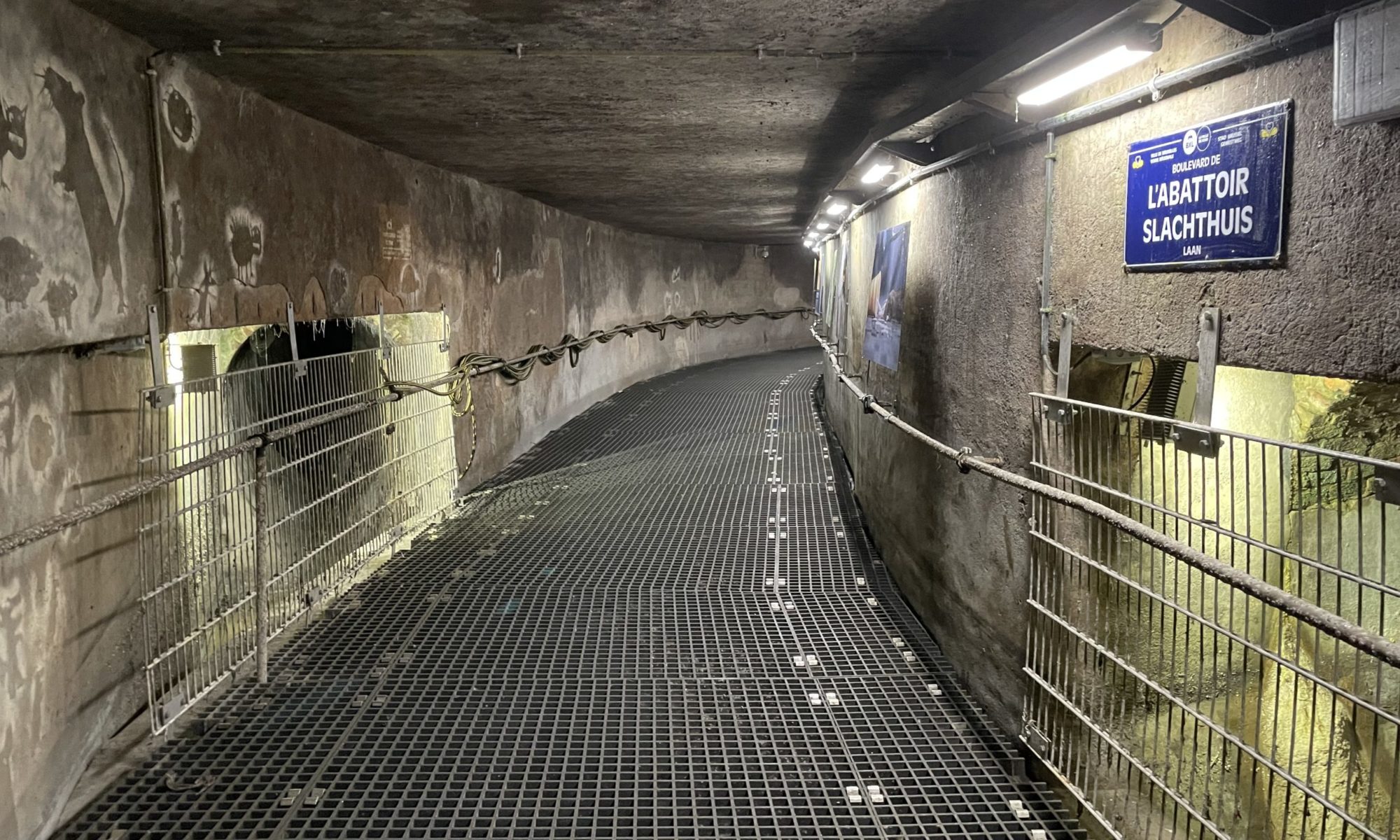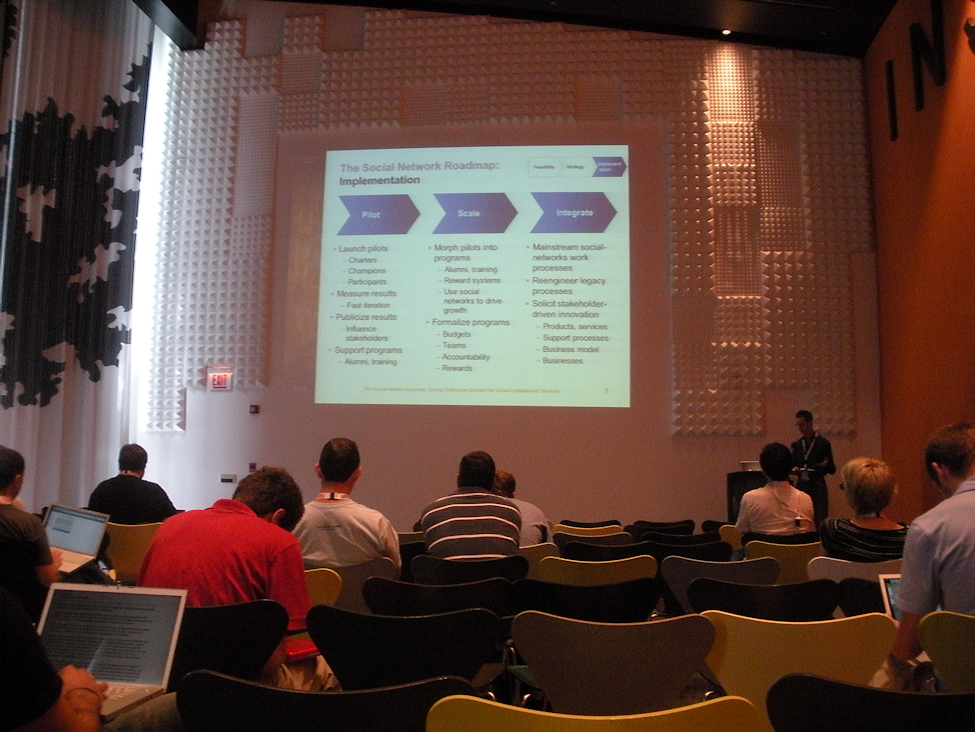Starting today at 4pm SLT (PST), I will host a Civic Forum on Public Works island. This forum is intended to be an informal and open discussion about city government. So bring along your ideas, questions, concerns and teleport over to Public Works. Below is a little more background information on why I feel hosting and participating in a discussion like this is important:
*****************************************************************************
Working for city government, it doesn’t take you long to realize that a significant portion of your day is spent helping people understand how city government actually works. Not that I mind doing this – it helps me meet the people in my community, and I do enjoy helping people. But sometimes I think that I could help them more if I could use the time instead to finish the projects that we are working on to make our community a great place in which to live. Particularly when their questions are general ones that could be answered by just about anyone with any background in government. Not something complicated or specific to our town. If only there were some better way to engage the public and inform them.
Not too long after starting my job as city engineer, I began to try to think of some way to push out knowledge about city government to the general public to help minimize the amount of time I spend each day educating people about city government. At the time, I thought perhaps having high schools incorporate this into their classes would help, but standardizing that and making sure it is taught uniformly across all schools is difficult, and I know schools already struggle to fit in all the required and mandated educational goals. So I pushed the idea back to simmer with all the others I seem to come up with.
But in the back of my mind, I kept thinking about all those people out there who have questions about how their city works, and maybe don’t have the time to visit or contact their city hall or maybe are a little intimidated about doing so. Also, I realize there are a lot of people in certain professions like realtors, contractors, developers, etc., who also have questions but maybe cannot get them answered from their own city due to many reasons like lack of staff, or perhaps not knowing the right questions to ask. They also have some ideas about how we can better serve up government. Other people might need to address some issue with city hall but just don’t know the best way to approach their city officials.
Now along comes Second Life, and I see a platform that can be used to educate, inform, interact, collaborate, and communicate with people regardless of geographic boundaries or distances. In Second Life we can meet and either help each other find the answers to questions – with the added benefit of being able to do so on our own schedule and anonymously if we so desire. People also have the chance to take advantage of a collective knowledge held by the large number of residents. There is a large group of government professionals and experts already in Second Life. And everyone in Second Life lives in a real life community somewhere. So the Civic Forum has been launched to try to see if Second Life can be used to help facilitate engagement between government workers/officials/experts and the general public.
Although my experience is U.S. based, this type of forum offers the opportunity to involve other government professionals from other countries. This not only would help serve people from across the globe, but would help those of us working in government share ideas and concerns because even though we may be in different countries, in the end, at the local level, we share many of the same issues and concerns. Can you imagine if someday we could have a central location in a virtual world to which anyone could go to get their government-related questions answered? Anytime from anyplace? Now that is serving the public!





